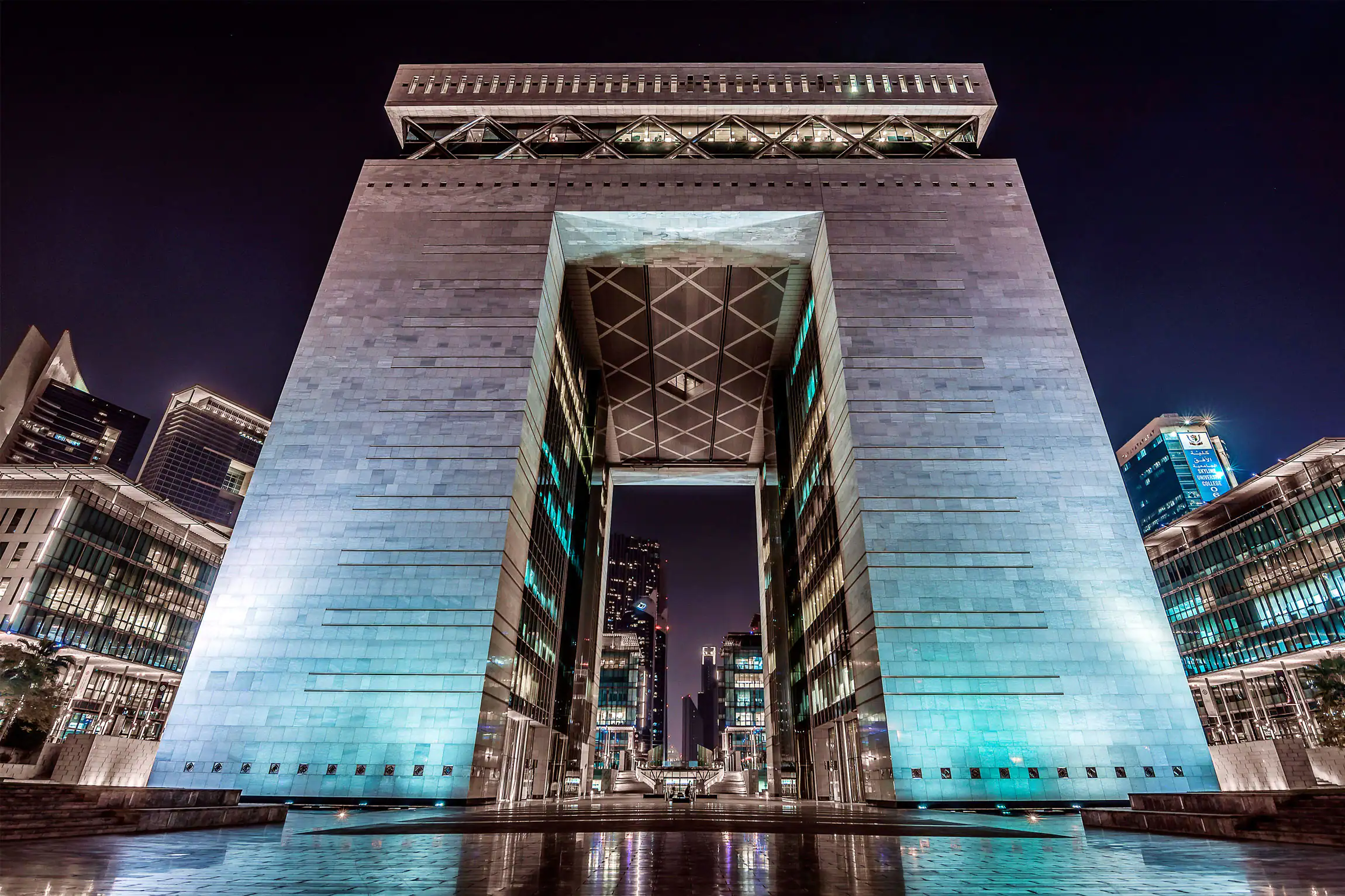According to the Dubai International Financial Centre (DIFC), which is in charge of overseeing the retirement scheme’s implementation, the new savings pension plan for non-Emirati personnel working in the Dubai government will go into effect on July 1.
The DIFC held meetings with senior executives from government entities to discuss the plan, it said in a statement on Monday.
They discussed the advantages of the scheme, enrolment details, and types of financial contributions, in addition to procedures followed at all levels, which include the employee, employer, and the supervisory board of the scheme, the statement said.
“This comprehensive savings plan is utilized for retirement planning and aligns with global best practices,” Alya Al Zarouni, executive vice president of operations at the DIFC Authority, said. “The approach is a first for the region and, over time, we expect other cities and countries to adopt a similar approach.”
The retirement scheme, launched in March by Sheikh Hamdan bin Mohammed, Crown Prince of Dubai, aims to attract and retain talent by providing an integrated system that offers various savings opportunities for employees in the emirate.
The scheme targets non-Emirati workers in Dubai government entities, with the scope of expanding into the private sector later on.
The system will be in addition to the UAE’s existing gratuity scheme. End-of-service gratuities are lump-sum payments that all employed residents are entitled to after completing at least one year of service. Gratuity payments are covered by the UAE Labour Law and the sum depends on an employee’s length of service and their basic salary.
Foreign employees working in Dubai’s public sector will be enrolled in the pension scheme by default. The employer will contribute the total end-of-service gratuity to the plan from the date of joining, without including the financial dues for previous years of service, the steering committee overseeing the pension system said.
The percentage of the contribution to the scheme will equal the end-of-service benefits due to the employee, in line with human resources legislation.
The rate of return will depend on the amount invested by employees, how it is distributed across available investment portfolios and the risks associated with it, the committee said.
Employees can also choose to make their own contributions to the scheme and will have the right to withdraw their personal savings at any time. However, employee participation in the scheme will stop at the end of their service.
The scheme will play a “key role in enhancing the economic and social stability” that the government offers its employees, said Mohammad Al Hawi, director of policies and strategies for economic development at the general secretariat of the Executive Council of Dubai.
“The scheme will contribute to strengthening Dubai’s position as a global financial center, which is recognized as an incubator for expertise and competencies from around the world,” he said.
Global professional services provider Equiom will act as the master trustee of the scheme and the independent legal owner of contributions made by employers, the DIFC said. Investment services provider Mercer will provide investment advice to Equiom.
Zurich Workplace Solutions will support employers and employees through the administration and management of the plan.
The DIFC was the first entity in the UAE to set up a new gratuity system when it introduced the DIFC Employee Workplace Savings (Dews) plan in February 2020, offering end-of-service benefits to people working within the financial center.
The scheme allows participants to choose a plan that is in line with the type of investment risk they are willing to take.
Dews has grown “both in size and performance” despite the onset of the coronavirus pandemic almost immediately after the scheme’s introduction, DIFC said.


